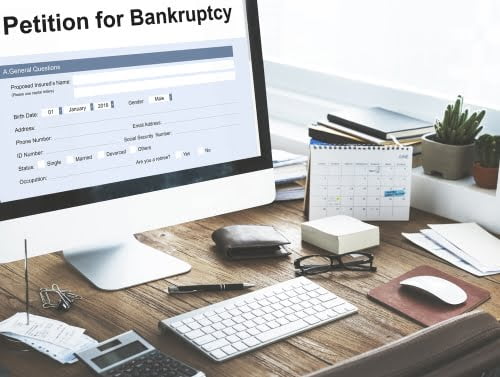Chapter 13 Bankruptcy is known as the “wage earner plan” because it allows debtors who have some amount of disposable income to retain their property and make payments toward their debt over the span of several
years (usually five). The bankruptcy means test will typically determine if this Chapter of bankruptcy is most appropriate for an individual.
Debtors considering Chapter 13 bankruptcy may want to know how much they are required to pay during the plan. Understanding
what you will be required to pay will depend on several factors, including:
- Monthly income
- Type of debt
- Ability to make payments
There are certain debts that may be required to be paid, and others that
may be eligible for discharge at the end of the plan if they quality,
usually after a percentage of the debt has been paid. The bankruptcy court
sets guidelines for debtors to follow when determining repayment plans
for debtors. Examples of these guidelines include:
- Debt in the plan gets divided into categories including priority debt,
secured debt, and unsecured debt. - Priority debts are required to be paid in full through the repayment plan
and may include debts such as child support, spousal support and income
taxes. Any payments you fell behind on (also known as arrears) would be
paid as required. - Secured debts will also be required to be paid, but as with priority debts,
you will make payments toward obligations in default or anything with
property you want to keep. If you are behind on a loan, such as your mortgage
or vehicle and want to keep the property, you can catch up on payments
to get the loan current. - Unsecured debts may or may not be paid depending on what you will be required
to pay toward priority and secured debts. You may pay some or nothing
toward unsecured obligations and at the end of the repayment plan, they
may get discharged.
Call our bankruptcy lawyer today
Allmand Law Firm, PLLC is passionate about helping individuals throughout
the DFW area learn more about their options for debt relief and how the
bankruptcy process can potentially benefit them. If you have questions about your
situation and how a Dallas bankruptcy lawyer from our firm can help you,
contact us for a FREE financial empowerment session.
